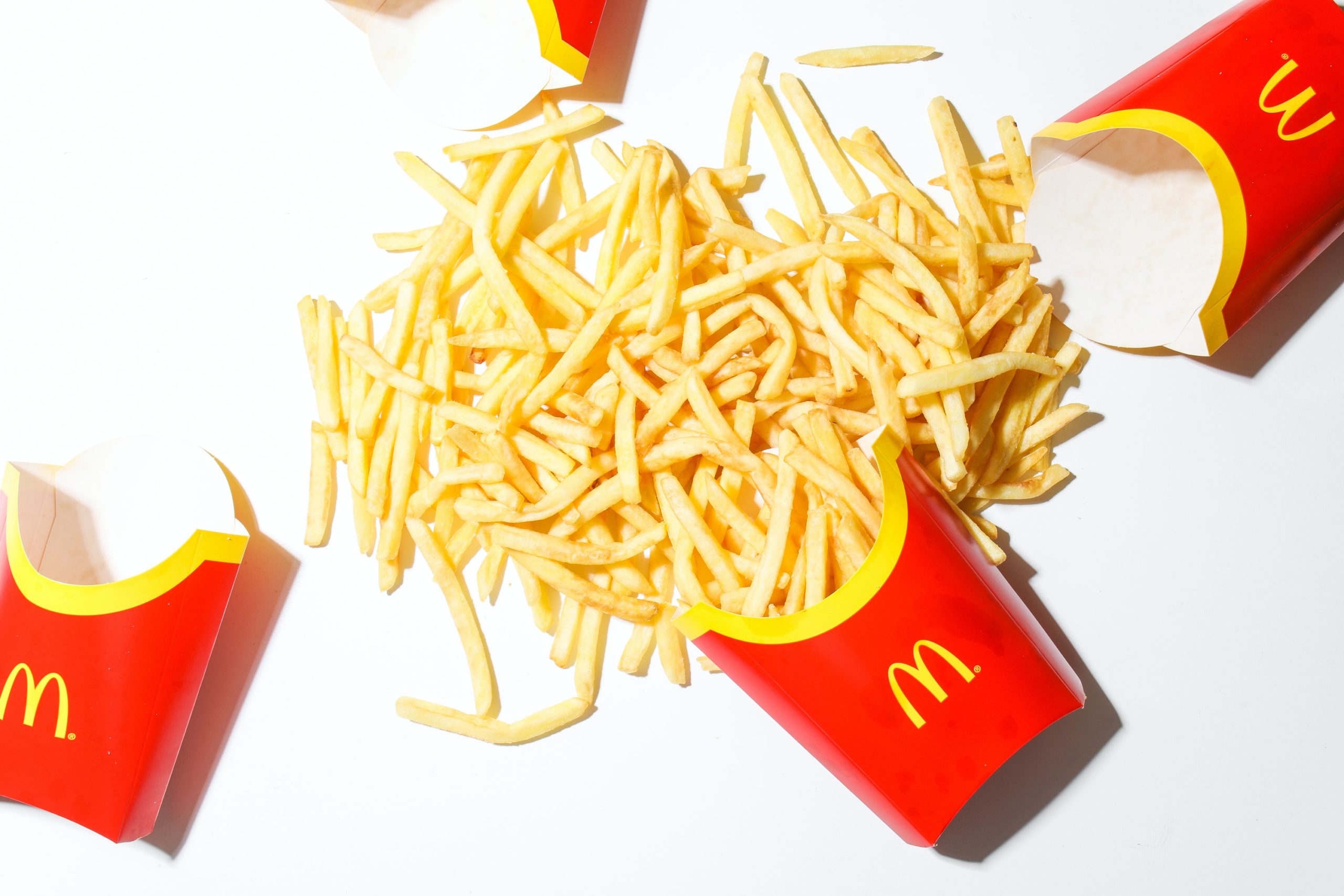Before reintroducing the McRib in its restaurants on November 1st, McDonald’s created an NFT (short for non-fungible token) giveaway to celebrate the 40th anniversary of launching this seasonal sandwich. By turning its attention to the Internet, McDonald’s was able to secure an audience infatuated with the newness of NFTs, as well as connect with loyal McRib consumers in a buzzing Internet space.
The McRib NFT giveaway is proving to be a successful marketing effort for the brand. The campaign’s effectiveness can be measured in the countless social media mentions, news articles, and the share price of McDonald’s stock (at the time this article is published).
Much like McDonald’s, many brands around the world are already planning NFT promotions. However, before you decide to launch an NFT giveaway, be sure to consider the following tips and regulations.
General Contest Regulations in the United States
When set up correctly, contests and promotions can score major wins for businesses. However, when constructed incorrectly, the consequences can include reputational harm and litigation. Games of skill (as opposed to chance) are regulated at both the state and federal level. Each state evaluates games of skill by using either: 1) the dominant factor test; 2) the material element test; or 3) the any chance test.
A contest and promotions lawyer can help analyze the risks associated with marketing games of chance and skill based on the various jurisdictional tests.
Applying Regulations to NFT Giveaways
When running an NFT giveaway, both the NFT and a legally compliant giveaway structure should be designed carefully. An NFT giveaway may allow consumers to gain entry through the purchase of a product (or other consideration). Where this is the case, an AMOE must be offered. All entrants should be given the exact same opportunity, with the exact same odds, to win all available NFT prizes.
Clear and concise disclosures should be included in the contest rules, as well as in all applicable marketing material. Additionally, some NFT giveaways require entrants to create an account in order to receive the NFT. Whether an entrant creates an account on the sponsor website or on a blockchain platform, clear direction should be provided on how to do so.
For more information, KMT provides a helpful guide to NFT Contests and NFT Sweepstakes: What Businesses Need to Know.
Promoting an NFT Giveaway
Using #nftgiveaway and Other Hashtags
Twitter has become an extremely popular platform among NFT enthusiasts. Twitter encourages and tracks the use of hashtags involving trending topics, companies, people, and more. A Federal Trade Commission FAQ provides examples of how – and how not – to use hashtags in connection with social media sweepstakes:
- GOOD: Making the word “contest,” “giveaway,” or “sweepstakes” part of the hashtag.
- BAD: Shortening the word “contest,” “giveaway,” or “sweepstakes” in a way that people might not understand.
Partnering with Influencers
Regardless of the social media platform that is employed, the following documents should be reviewed and incorporated into any contractual arrangements with influencers:
(a) the FTC’s Guides Concerning Endorsements and Testimonials;
(b) the FTC’s Disclosures 101 for Social Media Influencers;
(c) the FTC’s Do’s and Don’ts for Social Media Influencers; and
(d) the FTC’s Do you endorse things on social media?
At a minimum, influencers that post endorsements on social media must make it clear and obvious in situations where a “material connection” exists with their business clients. A “material connection” to a business is defined as any personal, family, employment or financial relationship.
Invoking Social Engagement
McDonald’s is not the only brand creating buzz around cult favorite products and services through social media engagement and NFTs. Large businesses are quickly turning to the metaverse in an effort to obtain additional attention.
For example, Clinique, part of The Estee Lauder Companies, recently launched an NFT giveaway campaign to target loyal users and grow an organic following. The NFT giveaway offered one of three NFTs based on popular products. The contest requires entrants to create a reward profile, record a video, and submit it with hashtags. The contest prizes include 1 of 3 NFTs, and supplementary Clinique products to be delivered to winners every year until 2030.
Professional Bull Riders (also known as PBR) plans to launch an NFT “loyalty program” in order to attract a younger and engaged audience. According to Sportico, “The bucking bull NFT holder’s name will be listed anytime the bull’s ownership is referenced, including in-arena signage, or on PBR media properties like TV broadcasts and its website.”
Join the NFT Hype (while Avoiding Legal Issues)
NFTs are disrupting traditional marketing channels and serving to attract consumers in a competitive online and mobile environment. Before engaging with the NFT space, in-house lawyers, business owners and marketers alike should speak with lawyers that are knowledgeable with NFT giveaway considerations. Experienced legal counsel can help you navigate most areas of risk that may arise during your NFT promotion.
If you are interested in learning more about this topic or require assistance with setting up an NFT sweepstakes or contest, please e-mail us at info@kleinmoynihan.com, or call us at (212) 246-0900.
The material contained herein is provided for informational purposes only and is not legal advice, nor is it a substitute for obtaining legal advice from an attorney. Each situation is unique, and you should not act or rely on any information contained herein without seeking the advice of an experienced attorney.
Attorney Advertising
Photo by Polina Tankilevitch from Pexels
Similar Posts:
The Ultimate Contest Law And Sweepstakes Guide
NFT Contests And NFT Sweepstakes: What Businesses Need To Know




